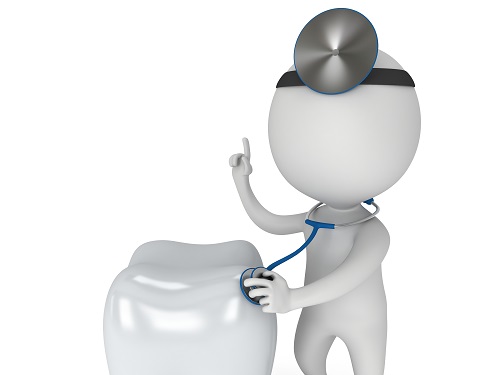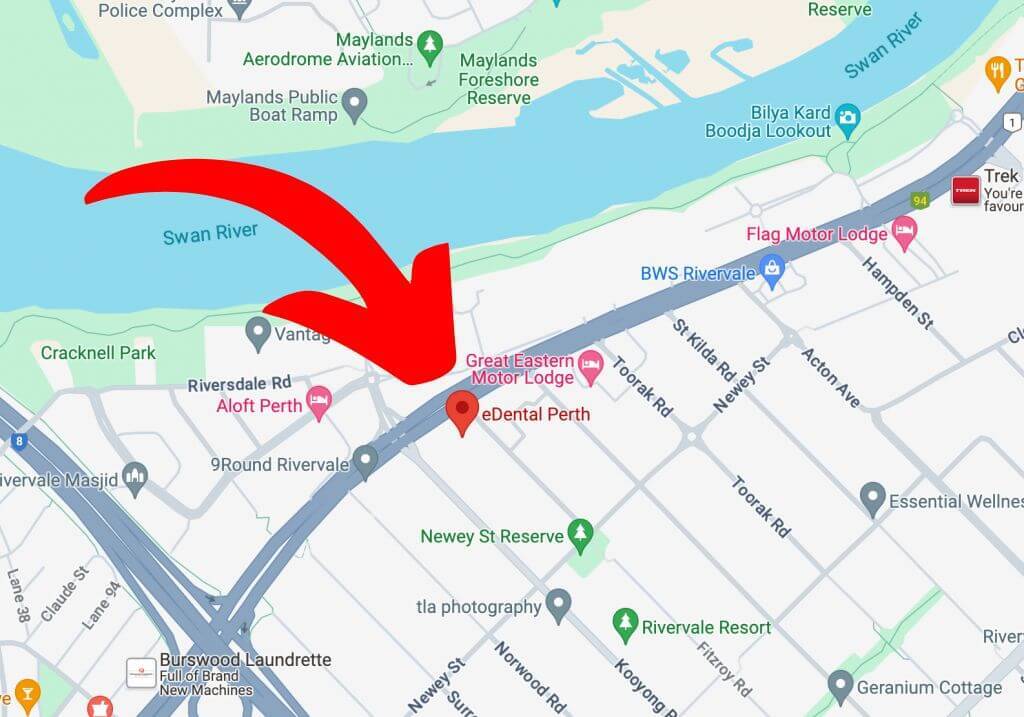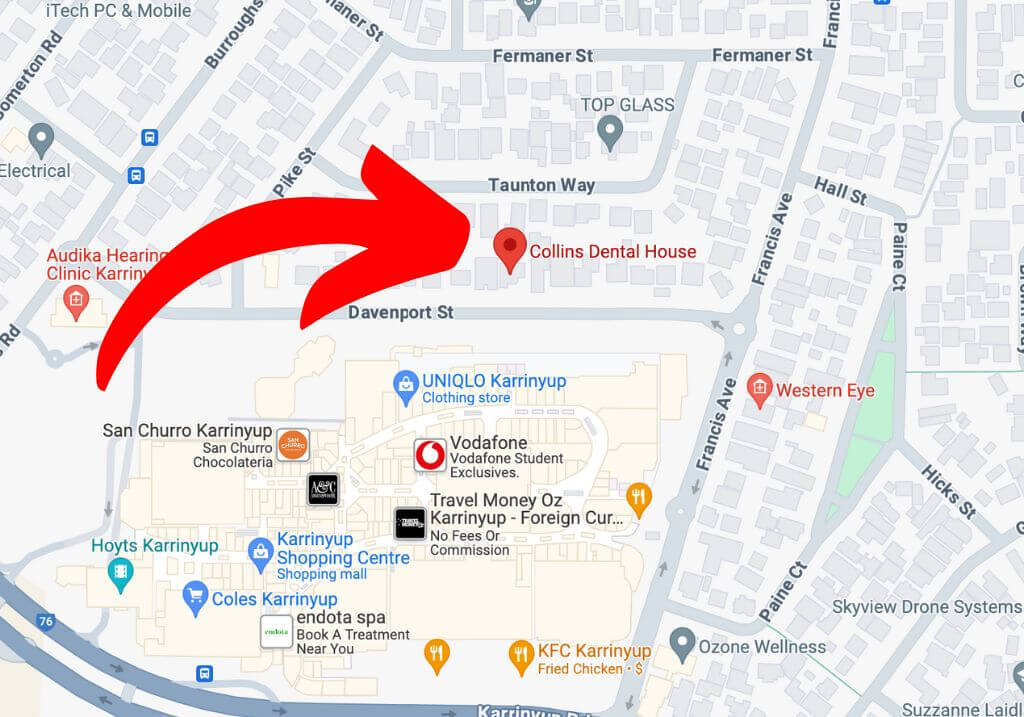What to Do During and After Dental Emergency?
We offer dental emergency services seven days a week. We are open from 8am-8pm Monday through Saturday and 8am-5pm on Sunday. However, we know that dental emergencies can happen after hours. What you do in the time between when an emergency occurs to the time you can see a dentist can be the difference between a positive or negative outcome. Here are some important things to remember.

Painful Swelling
Painful swelling can be a dire medical emergency. It is important to call a dentist ASAP. It is always due to an abscess, which is medical terminology for an infection in the area surrounding the tooth. In the meantime, you can take steps to ensure that the infection doesn’t become critical.
First, you should rinse with warm salt water, which will help kill bacteria that are close to the surface. Then, apply cold compresses to the area to reduce swelling. You can try typical pain relievers, but they probably won’t do any good. The dentist will drain the infection and prescribe antibiotics.
Toothache
The first thing to do is to rinse the area with warm saltwater. Then, you can floss the area gently to see if there is any debris around the tooth. A toothache can be caused by gum infection, a cavity or a crack in the tooth. Call your dentist ASAP.
Loose Tooth
If a tooth goes loose, call your dentist ASAP. To help with the pain, you can use a cold compress and take your favourite over the counter pain reliever. The dentist may be able to save your tooth or may not. The standard procedure is to “splint” the tooth against an adjacent tooth. If the loosening is caused by trauma, you have a good chance of saving the tooth. If a loose tooth is caused by periodontal disease, the chances of saving the tooth decrease significantly.
Call eDental Perth Today
For an emergency appointment or to get started on a dental health program that will take care of your problems before they become dental emergencies, call (08) 9361 1728 today.










